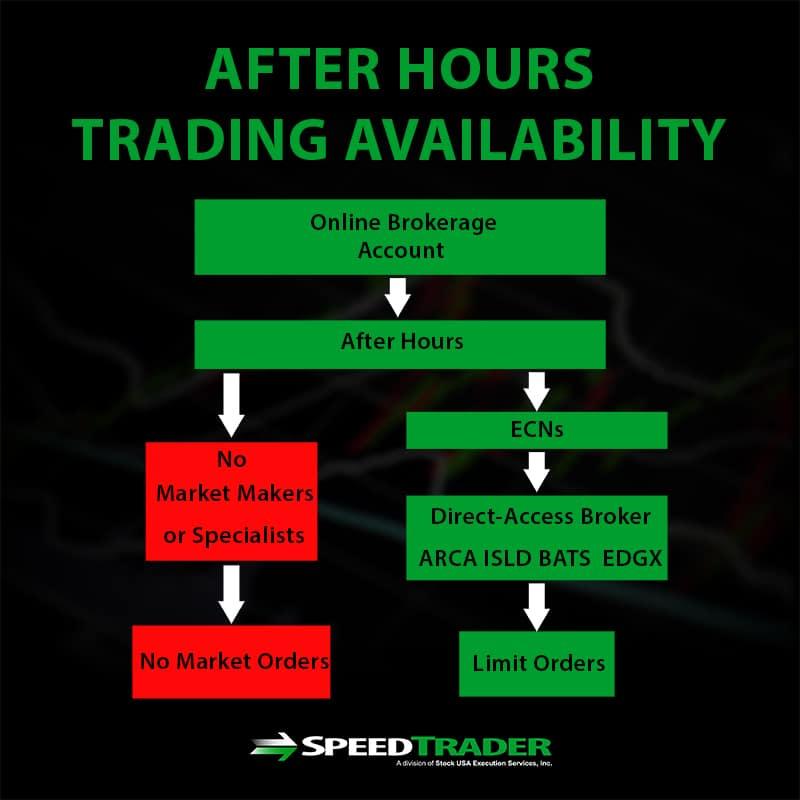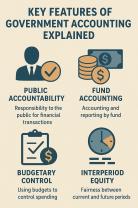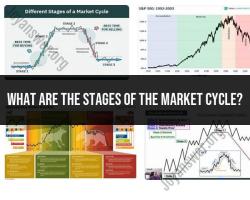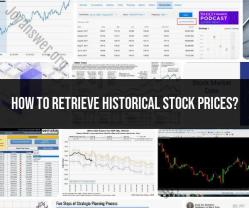What is after hours trading?
After-hours trading refers to the buying and selling of stocks or other securities outside of regular trading hours, which are the standard operating hours of major stock exchanges. Regular trading hours typically occur between the opening bell and closing bell of a stock exchange, such as the New York Stock Exchange (NYSE) or NASDAQ.
The regular trading hours for most U.S. stock exchanges are from 9:30 AM to 4:00 PM Eastern Time. After-hours trading allows investors to continue trading securities once the official market session has closed. The after-hours trading period can extend before the market opens in the morning (pre-market trading) and after the market closes in the evening (post-market trading).
Key points about after-hours trading:
Availability:
- After-hours trading is not as widely available as regular trading hours. Not all stocks are actively traded in the after-hours market, and liquidity can be lower, leading to wider bid-ask spreads.
Electronic Communication Networks (ECNs):
- After-hours trading often takes place through electronic communication networks (ECNs), which are computerized systems that connect buyers and sellers directly.
Price Volatility:
- Price movements during after-hours trading can be more volatile compared to regular trading hours. This increased volatility can be attributed to lower trading volumes and fewer market participants.
Earnings Releases and News Events:
- After-hours trading is commonly associated with reactions to earnings releases and other significant news events. Companies often release their quarterly or annual earnings reports after the market closes, leading to potential price movements in the after-hours session.
Risk Factors:
- While after-hours trading provides additional opportunities for investors, it also comes with increased risks. Limited liquidity, wider spreads, and the potential for larger price gaps are factors that traders need to consider.
Extended Hours Trading Platforms:
- Some brokerage firms offer extended hours trading platforms that allow their clients to trade during the pre-market and after-hours sessions. However, not all brokers provide this service, and there may be additional risks and fees associated with after-hours trading.
It's crucial for investors to be aware of the specific rules and risks associated with after-hours trading, as it operates differently from the regular trading session. Due to the increased risks and potential for extreme price movements, it's generally recommended for individual investors to exercise caution and be well-informed before participating in after-hours trading.
Navigating the After-Hours Market: Opportunities and Considerations
Let's delve into the world of after-hours trading, exploring its mechanics, potential benefits and risks, and avenues for participating:
1. What is After-Hours Trading?
After-hours trading occurs outside the regular trading hours of major stock exchanges (typically 9:30 AM to 4:00 PM EST). It allows investors to buy and sell select securities through electronic communication networks (ECNs) during extended hours, usually from 4:00 PM to 8:00 PM EST. Some platforms offer even further extended trading until midnight or beyond.
2. Differences from Regular Trading Hours:
- Liquidity: After-hours trading sees significantly lower trading volume compared to regular hours, making it harder to find buyers or sellers for your desired securities. This can lead to wider bid-ask spreads (difference between buying and selling prices) and potentially less favorable execution prices.
- Volatility: Due to lower liquidity, after-hours trading can be more volatile, with prices susceptible to larger swings based on limited orders and news events.
- Information Flow: Breaking news or announcements may not be reflected in stock prices as quickly or accurately during after-hours trading as they are during regular hours.
- Accessibility: Not all brokers offer after-hours trading, and some may have restrictions on which securities can be traded or minimum order sizes.
3. Advantages and Risks of After-Hours Trading:
Advantages:
- React to News: Quickly capitalize on news released after regular hours that might significantly impact specific stocks.
- Extended Flexibility: Convenient for investors with busy schedules who can't trade during regular hours.
- Potential Price Discovery: Early movers might benefit from price discrepancies before full market participation resumes.
Risks:
- Lower Liquidity: Difficulty finding buyers or sellers, potentially leading to unfavorable prices and missed opportunities.
- Increased Volatility: Greater price fluctuations can lead to significant losses, especially for inexperienced investors.
- Information Asymmetry: Lack of complete or accurate information compared to regular hours can lead to misinformed decisions.
- Limited Order Types: Some order types might not be available during after-hours trading, restricting your trading strategies.
4. Engaging in After-Hours Trading:
- Broker Selection: Choose a broker that offers after-hours trading for the desired securities and understand their specific rules and fees.
- Liquidity Research: Research historical after-hours volume and bid-ask spreads for your target securities to assess execution feasibility.
- Volatility Awareness: Be prepared for potentially large price swings and have risk management strategies in place.
- Order Type Selection: Use limit orders instead of market orders to control your desired execution price during volatile periods.
- Stay Informed: Monitor news and market updates relevant to your target securities before and during after-hours trading.
Remember, after-hours trading is not for everyone. It requires a higher level of knowledge, experience, and risk tolerance compared to regular trading. Thorough research, cautious order placement, and a solid understanding of the risks involved are crucial for navigating this dynamic market segment successfully.
I hope this information provides a comprehensive overview of after-hours trading. Feel free to ask further questions if you have any!













